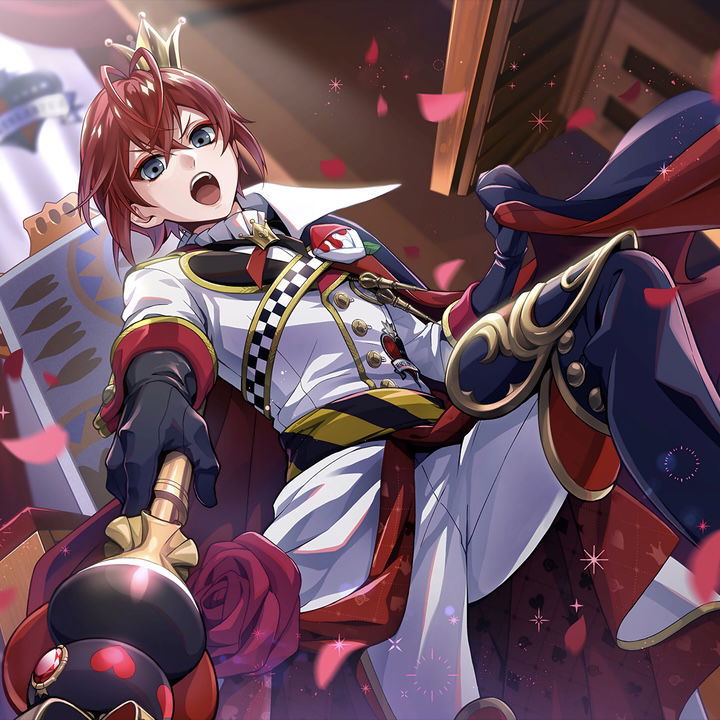While personality typing can be subjective and open to interpretation, several male characters in anime strongly exhibit INFP traits. These characters often leave a lasting impression due to their relatable struggles, their profound emotional depth, and their quiet strength.
One such character often cited is Kaneki Ken from Tokyo Ghoul. In his early life, Kaneki was a shy, bookish young man, deeply introverted and fond of solitary activities. His transformation into a half-ghoul forces him to confront extreme moral dilemmas and grapple with his identity. Throughout his journey, he consistently displays a deep empathy for both humans and ghouls, often trying to find a middle ground and protect those he cares about, even at immense personal cost. His internal monologues reveal a constant struggle with his values and his place in the world, a hallmark of the INFP's introspective nature. His desire to protect others and his deep-seated sense of justice, even when twisted by his experiences, points towards a strong, albeit tortured, INFP core.
Another compelling example is Shoyo Hinata from Haikyuu!!. While his outward enthusiasm might seem to contradict introversion, Hinata's core motivation stems from a deeply personal dream and an almost idealistic pursuit of perfection in volleyball. He is driven by his feelings and his passion, often acting on intuition rather than strict logic. His unwavering belief in his team and his ability to inspire others through his sheer dedication and positive outlook, even when facing overwhelming odds, showcases the INFP's capacity to champion their values. He is also highly adaptable on the court, constantly learning and adjusting, reflecting the Perceiving trait. His deep emotional investment in the sport and his relationships with his teammates are central to his character.
Izuku Midoriya from My Hero Academia is another character who embodies many INFP characteristics, especially in his early development. He is initially introverted, often lost in thought and dreaming of becoming a hero despite lacking a Quirk. His immense empathy allows him to connect with others, even villains, and his strong moral compass guides his actions. Midoriya's journey is one of self-discovery and learning to trust his own intuition and feelings, even when they conflict with external pressures. He is driven by a deep-seated desire to help people and to make the world a better place, a classic INFP ideal. His willingness to put himself in harm's way for others, fueled by his compassionate nature, is a testament to his INFP core.
We can also look at Lelouch Lamperouge from Code Geass. While his actions are often ruthless, his underlying motivations are rooted in a deep-seated idealism and a desire to create a better world for his sister and for oppressed peoples. He operates on a grand, intuitive vision and is driven by his strong sense of justice, even if his methods are questionable. Lelouch's internal struggles with the morality of his actions and his profound emotional responses to loss and betrayal highlight the INFP's Feeling function. His strategic brilliance, while impressive, is often fueled by his intuitive understanding of human nature and his ability to perceive long-term possibilities.
Even characters like Guts from Berserk, despite his outwardly gruff and stoic demeanor, can be seen through an INFP lens, particularly in his earlier, more idealistic days before the trauma of the Eclipse. His deep loyalty to his friends, his internal struggle with his own humanity, and his relentless pursuit of a personal ideal (even if that ideal becomes revenge) resonate with the INFP's core values and their capacity for deep emotional commitment. His journey is a stark exploration of how trauma can impact even the most sensitive souls.
These characters, and many others like them, showcase the multifaceted nature of the male INFP. They are not simply passive dreamers; they are individuals with profound inner lives, capable of great courage, unwavering loyalty, and a deep commitment to their values. Their struggles are often internal, making them incredibly relatable to audiences who have also navigated the complexities of self-discovery and emotional expression.


